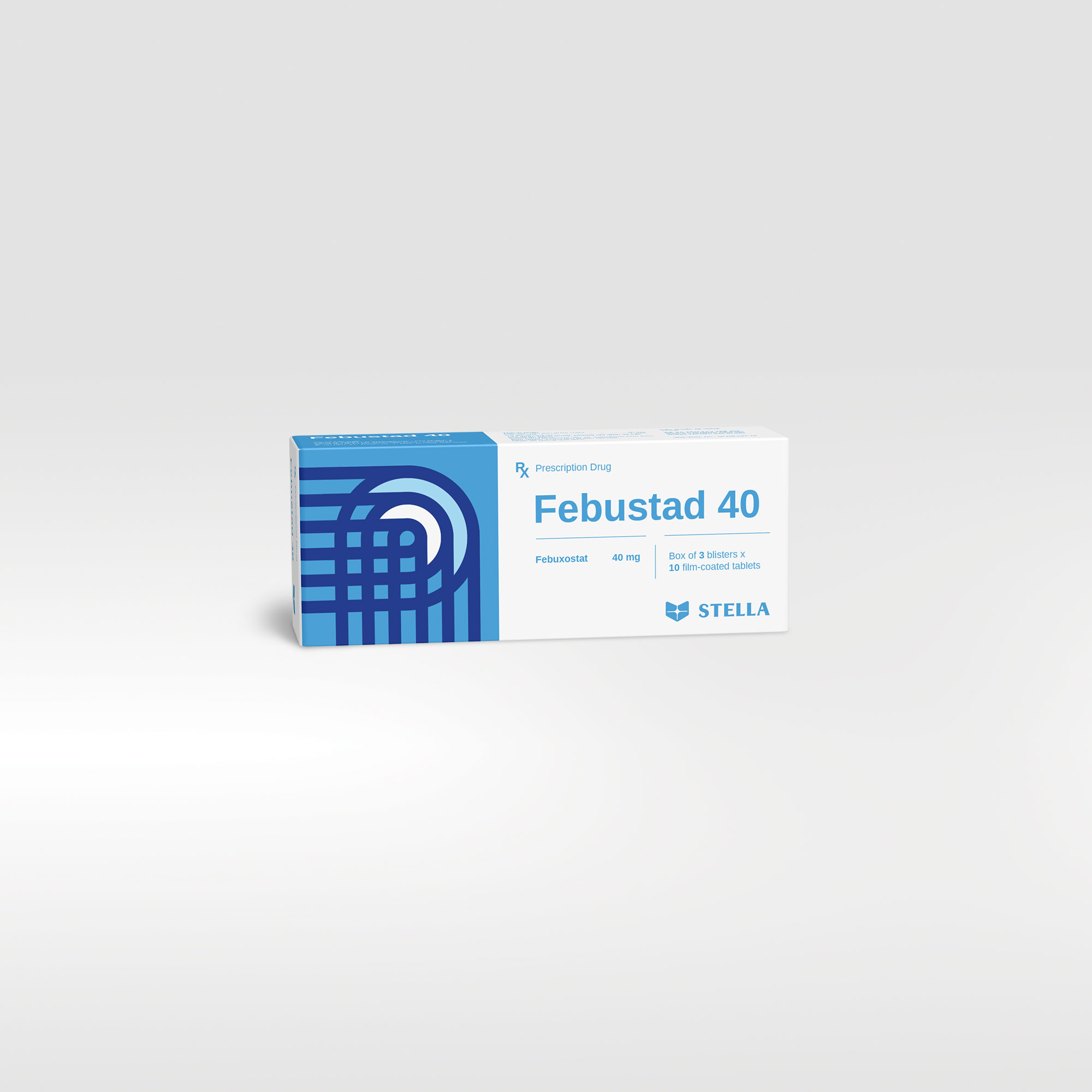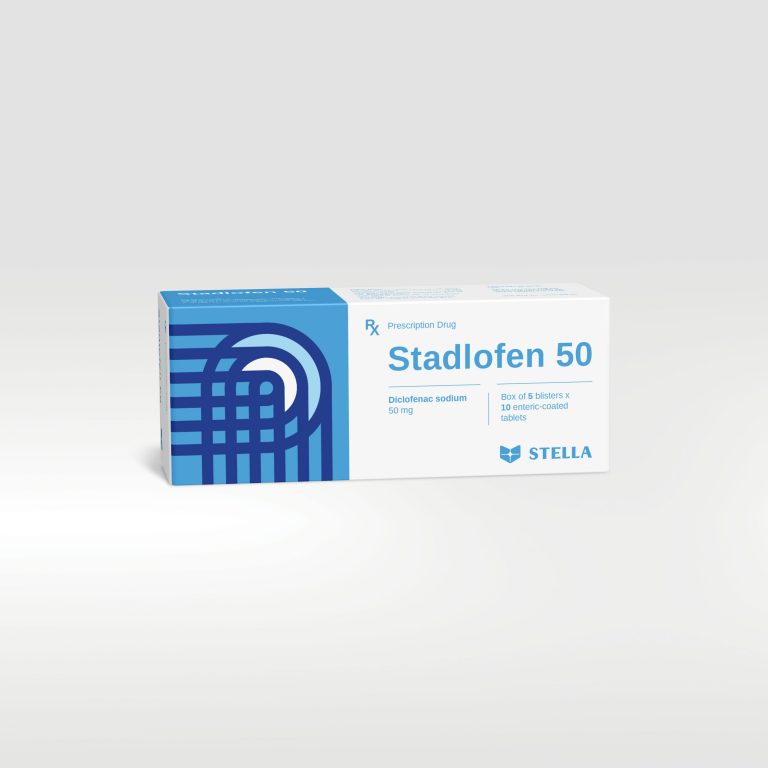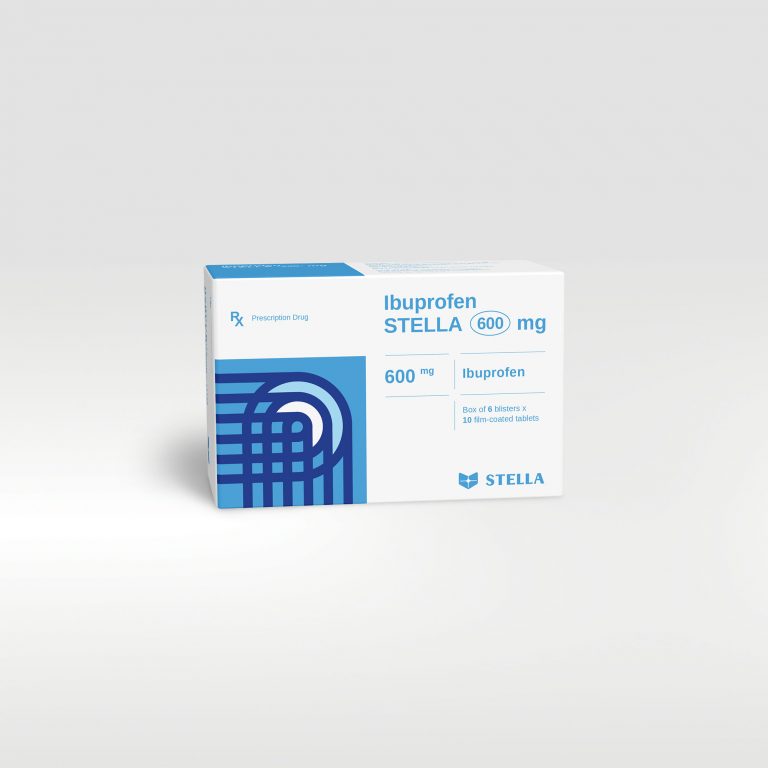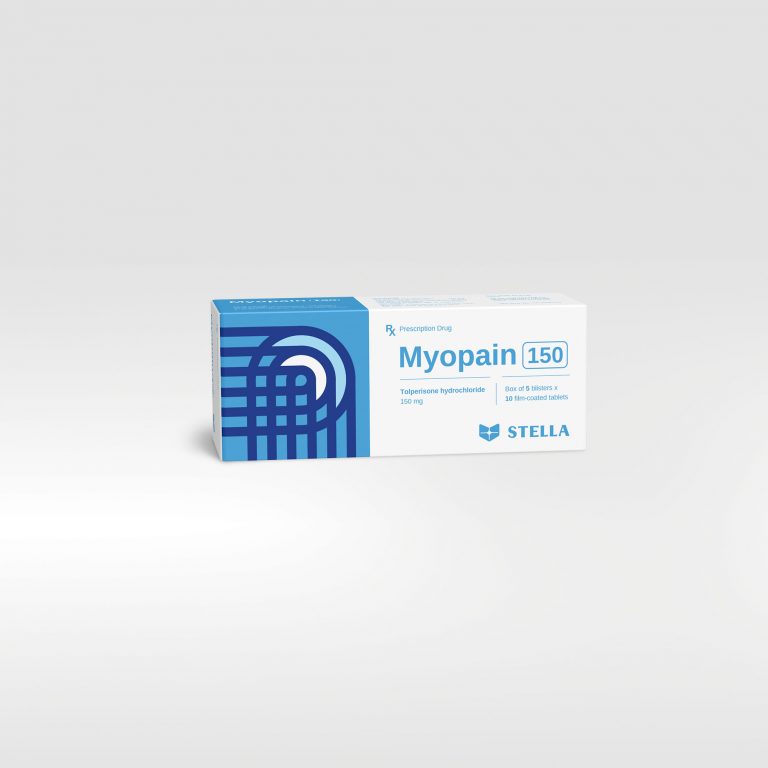Febustad 40 Rx
Febustad 40 contains febuxostat which has effect of blocking uric acid production, decrease serum concentrations of uric acid. Febustad 40 is indicated in treatment for gout.
| Pack size | Box of 30 tablets, 60 tablets, 90 tablets |
| Shelf-life | 36 months |
| Composition | Febuxostat |
| Dosage forms and strengths | Film coated tablet: 40 mg |
Product code :





















